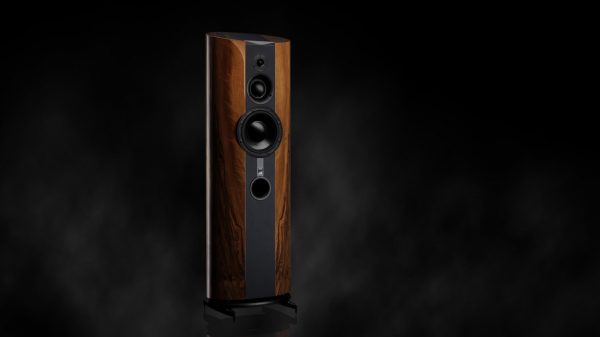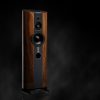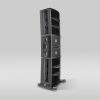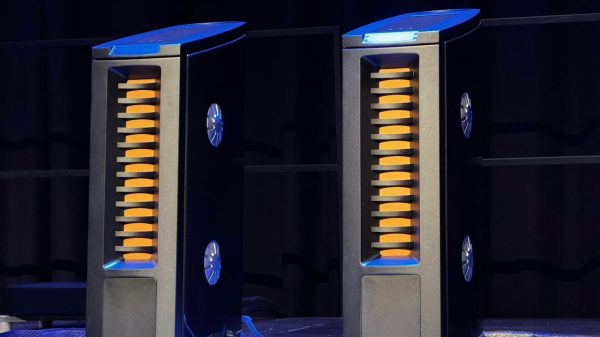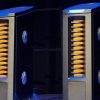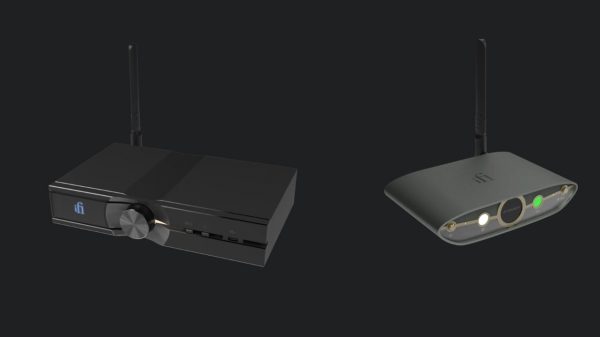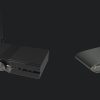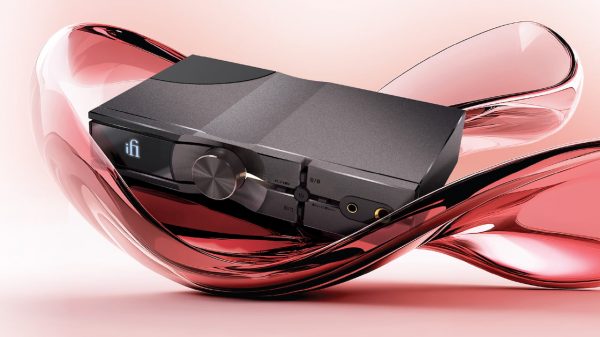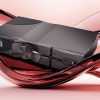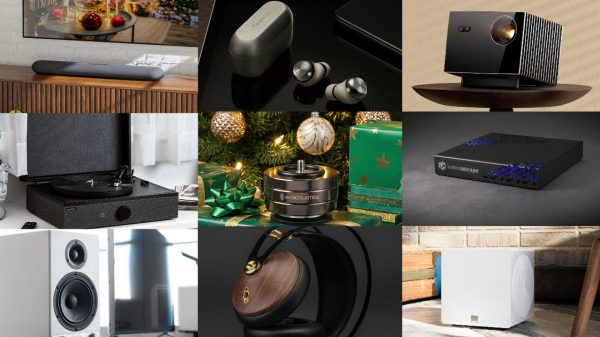File fragmentation is a disease common to all operating systems. There is much known about it–but there are also many myths surrounding it and how it may or may not affect performance. The facts of fragmentation bear repeating so that you know the truth of the matter.
First, you should know that file fragmentation was invented as a solution to a problem. When hard drives were first developed, files were saved wholly in one piece. It was quickly discovered, however, that if a file was too large to fit in a free space on a disk, it was simply not saved on that drive. The net result was a lot of wasted space, and file fragmentation solved this problem: a file could be split up into pieces (fragments) and disk space could be fully utilized. All operating systems, including Microsoft Windows, have adapted file fragmentation as part of their operation, and all are affected by it.
But file fragmentation is a “solution that became a problem.” As operating systems became more sophisticated, they were able to save files in smaller and smaller fragments. At the same time, disk capacities grew larger and larger, as did file sizes, especially with sound and video files. Now we arrive at present time, where it’s not at all unusual for a file to be fragmented into hundreds or even thousands of fragments–and the disease is worst than ever.
Fragmentation has a direct impact on performance. It takes far longer for a computer to access a file in many fragments than it would if the file was whole or only in 1 or 2 fragments. When fragmentation is not addressed in some fashion, computer performance can slow down very dramatically, and can even stop altogether. Of course, hard drives or even whole computers can be replaced to solve the problem–but this is a very expensive way to go when far more cost-effective measures are available.
Fragmentation solutions, called defragmenters, have been around for many years in several different forms. Today, the best method with which to address fragmentation is a completely automatic defragmentation solution. You simply install it and fragmentation is invisibly and automatically addressed from there on out. Otherwise idle resources are utilized to tackle fragmentation whenever possible, so performance is constantly maximized. And unlike other solutions, time-consuming scheduling is not required.
Don’t let the fragmentation disease cripple your performance. Know the facts and how to address fragmentation properly, and it will no longer be a problem.


